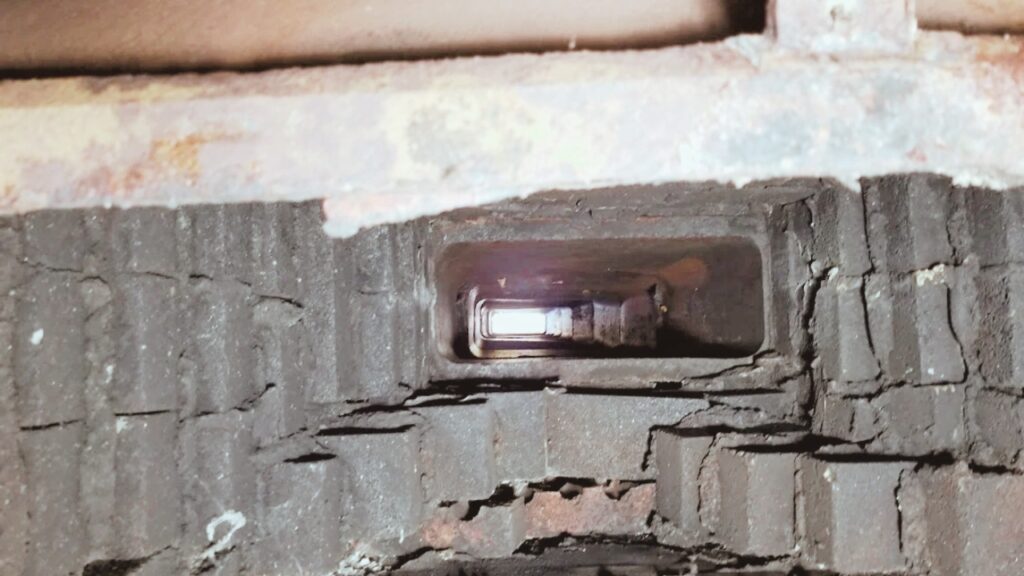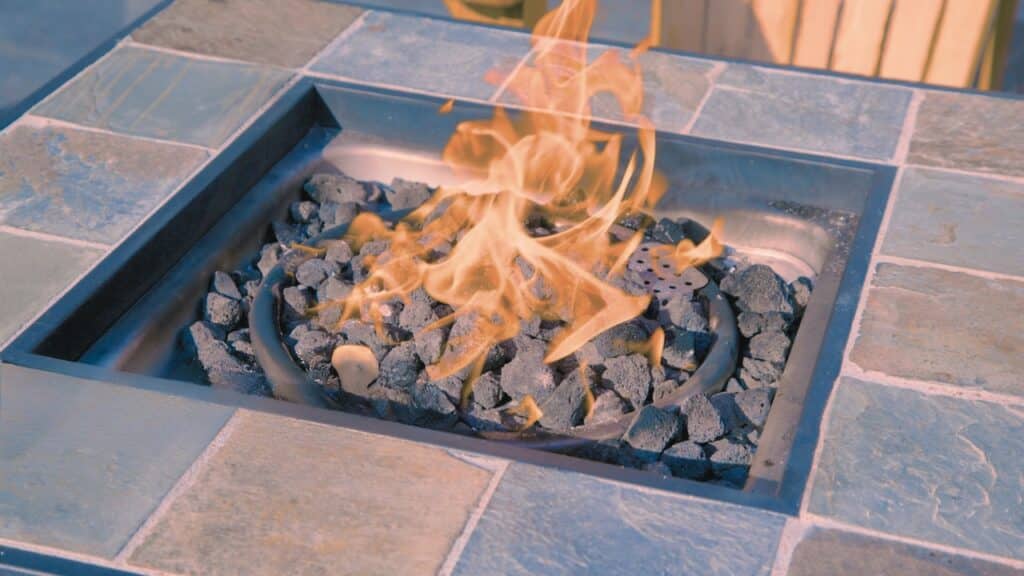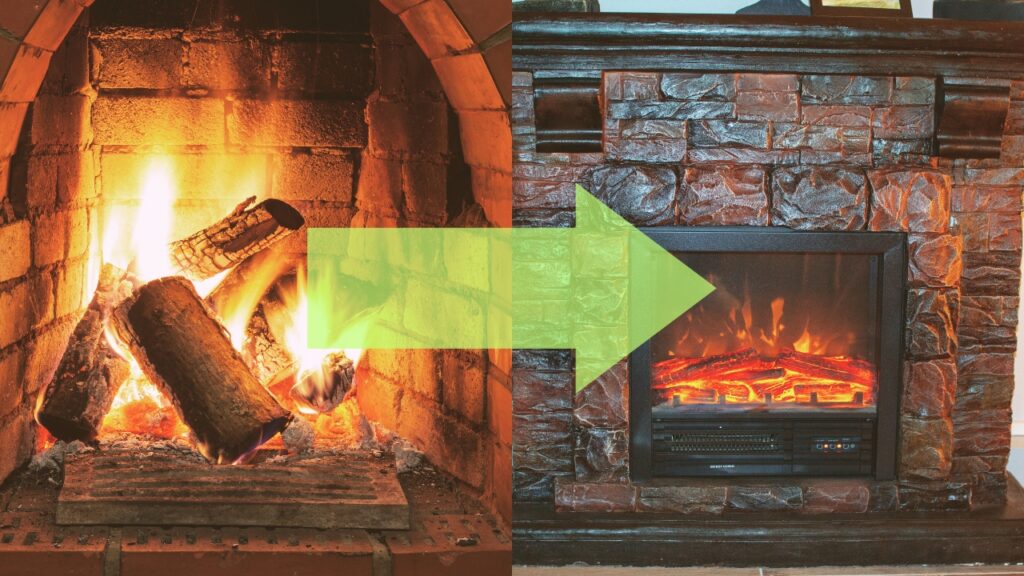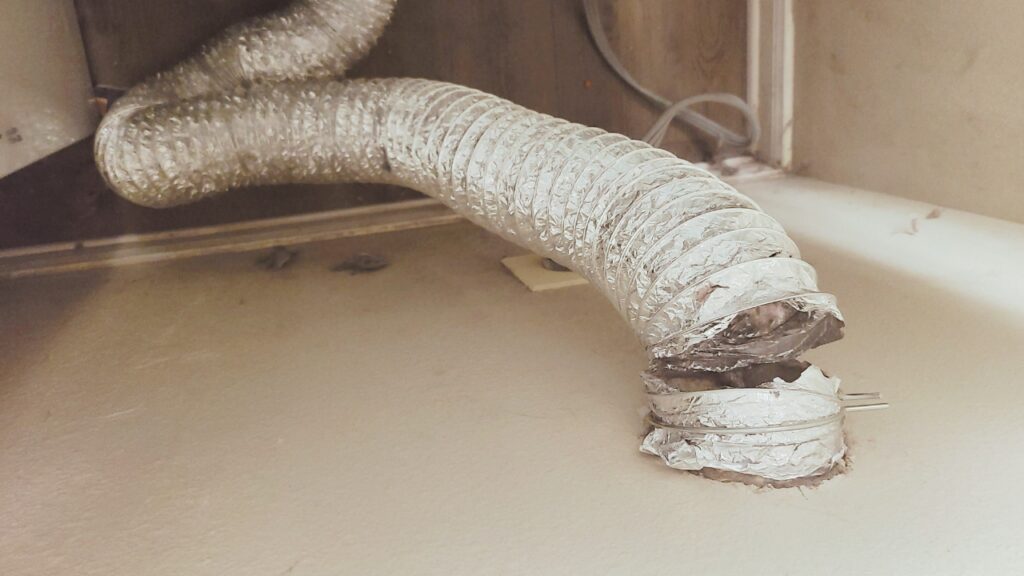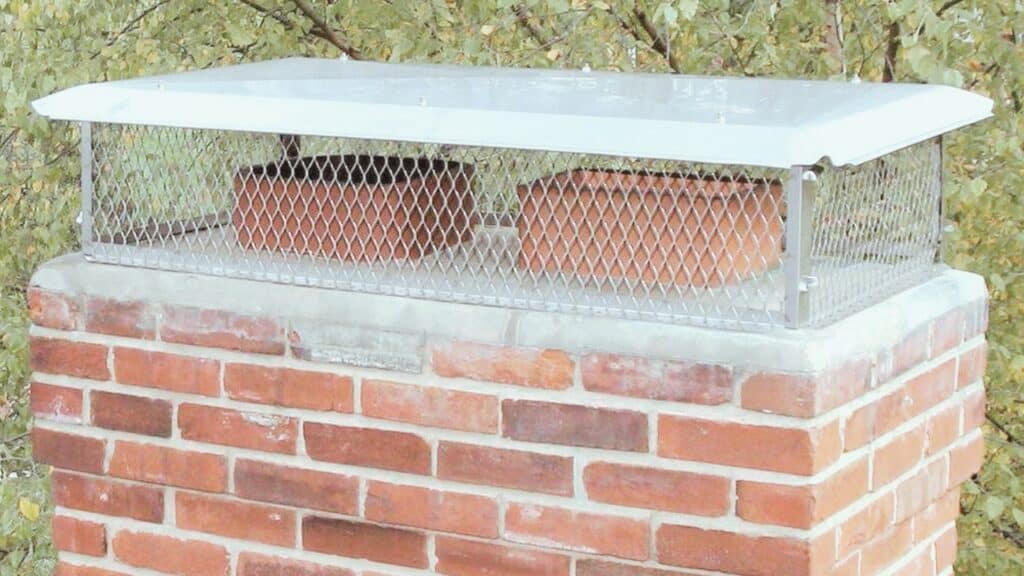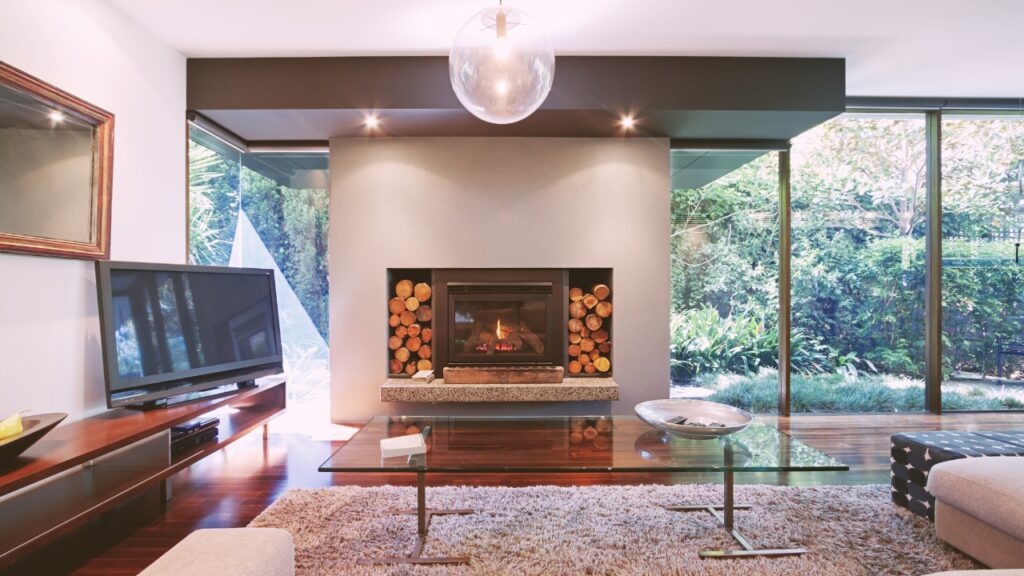Pellet stoves have gained significant popularity as a reliable and efficient heating source in many households. Homeowners seeking cost-effective heating solutions prefer these stoves due to their convenience and environmentally-friendly nature.
However, ensuring pellet stoves’ safe and efficient operation requires proper maintenance and timely pellet stove repairs. From identifying common issues to discussing repair techniques and preventive measures, this blog provides the knowledge and insights needed to maintain a safe and efficient pellet stove.
Common Pellet Stove Problems
Problems with pellet stoves are less frequent than those with alternative heating appliances. But the frequency of problems popping up may increase if you need more maintenance on your part. Some common pellet stove problems include:
1. Ignition Issues
If your pellet stove does not light up, it’s most likely an issue with the igniter. In most cases, people need to pay more attention to the importance of the air-to-pellet ratio, which, if not adjusted, will result in problems with ignition.
Moreover, if the ignition process is compromised, it affects the overall combustion efficiency. Incomplete combustion can result in higher emissions, increased ash production, and reduced fuel efficiency.
To avoid ignition issues, adjust the ratio by increasing airflow. The igniter should read approximately 50 ohms on an ohm meter and 2 to 3 amps on a current meter.
It’s also essential to inspect the ignition components of your pellet stove and have it professionally cleaned once or twice a year. It ensures that your pellet stove lights up every time during the ignition process and maintains proper airflow.
2. Auger Problems
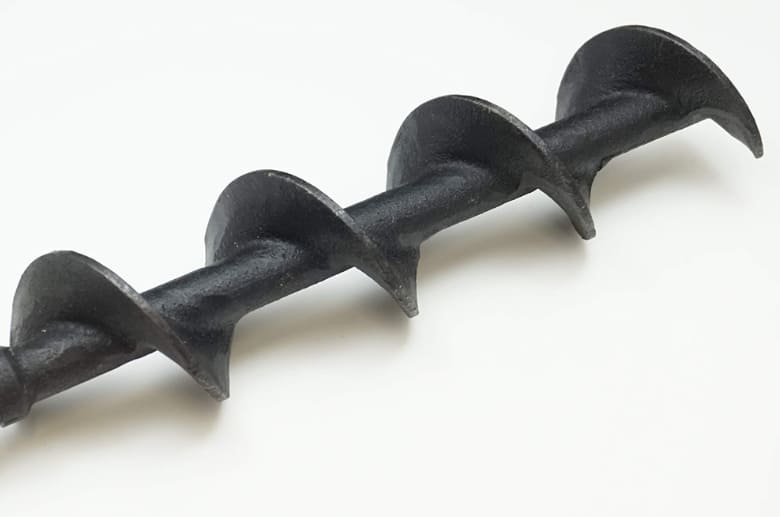
Regarding problems related to augers, jamming is the most common unwanted occurrence that pellet stove owners come across. Using long pellets often causes jamming, resulting in the stove completely shutting down. Other problems that relate to augers are motor failure and misalignment.
It’s essential to quickly fix any problem with an auger because if it fails to function correctly, it can result in insufficient or inconsistent fuel delivery to the burn pot. Those issues can cause poor combustion, reduced heat output, and an inability to maintain the desired temperature in your living space.
The best way to avoid auger problems is to use shorter pellets. If the pellets you purchase are long, drop the bag or shopper (carrying the pellet) on the floor several times. Doing so will break long pellets into manageable lengths.
It’s also important to clean the auger and the hopper to ensure efficient use of your pellet stove, especially if you use it often.
——
Do You Need to Hire Chimney & Fireplace Expert?
Get free quotes from qualified experts near you. No commitment required!
——
3. Combustion Chamber Troubles
If your pellet stove is burning black, the most probable cause could be that the combustion blower in the combustion chamber isn’t working properly. A lack of proper airflow or insufficient fuel supply causes this.
Remove any obstructions or debris blocking the airflow by cleaning the chamber with a brush or vacuum cleaner. Also, make sure that the blower fan is functioning properly. If not, it may need cleaning, repair, or replacement.
To avoid troubles with the combustion chamber in the future, clean the stove at regular intervals as instructed by the manual or have a professional check the combustion chamber now and then.
4. Exhaust System Challenges
The most common challenge with an exhaust system is the blockage of the ventilation pipe. It is usually caused by a buildup of ash, creosote, or pellet dust, resulting in smoke from your pellet stove returning to your home. Problems with the exhaust system also cause a drastic drop in the efficiency of your pellet stove.
You must maintain and inspect the exhaust components of your pellet stove regularly for optimal performance.
Diagnosing Pellet Stove Issues
Even minor problems can disrupt the stove’s optimal functioning and affect your comfort. But with a few troubleshooting techniques and tools, you can diagnose and fix most issues with your pellet stove.
However, sometimes the issues are too technical for the average homeowner and require the intervention of professional services.
Troubleshooting Techniques
Identifying the root causes of pellet stove problems before attempting any repairs is important. A systematic troubleshooting process allows you to identify the exact issue and take appropriate measures to resolve it.
The following steps provide an effective strategy to troubleshoot your pellet stove. But before you proceed, observe and note any symptoms or unusual activity, such as error codes displayed on the control panel.
1. Check Power Supply
Ensure the stove is properly plugged in, and the power outlet is functioning. Sometimes there’s an interruption in the power supply caused by tripping the circuit breaker or blowing a fuse. Make sure to examine that.
2. Inspect Fuel Supply
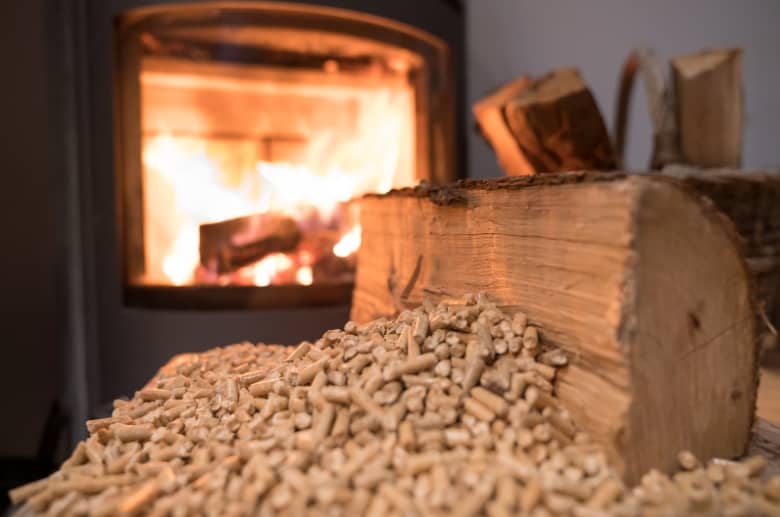
Ensure that the pellet hopper is adequately filled with quality pellets and check for any blockages or obstructions in the fuel delivery system, such as a jammed auger.
3. Clean the Stove
Clean the stove, burn pot, heat exchanger, and exhaust system thoroughly. You can do this by regularly removing ash and debris accumulating in the burn pot, ash pan, and heat exchanger. Use a specially-designed ash vacuum or a brush to clean these areas.
4. Evaluate the Ignition System
Inspect the ignition system thoroughly for any damage. Make sure that the igniter is properly positioned to ignite the pellets. The ignitor should be positioned close enough to the pellets to provide sufficient heat for ignition. Typically, it should be located about half an inch above the pellets in the burn pot.
5. Assess Auger System
Examine the auger and auger motor for any obstructions or irregularities to ensure it’s turning smoothly and feeding pellets properly.
6. Review Control Settings
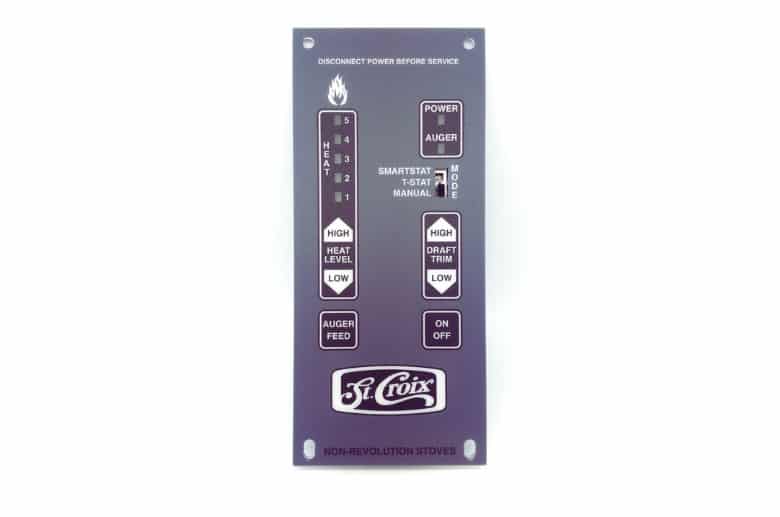
Check the thermostat or temperature settings. Make sure they are adjusted correctly to ensure optimal performance for the fan speed and air-to-fuel ratio settings. These settings for a pellet stove can vary depending on the specific model and manufacturer’s recommendations.
7. Check Exhaust and Venting
Inspect the exhaust vent and chimney for blockages or obstructions and remove any debris, nests, or obstructions that may impede proper airflow. To remove obstructions:
- Turn off the stove and allow it to cool.
- Use a flashlight and screwdriver to inspect the exhaust pipe and venting system for any blockages, such as debris or bird nests.
- Remove any obstructions carefully using a brush or a vacuum cleaner with a long attachment.
- Ensure the exhaust pipe and venting system are clear before restarting the stove.
——
Do You Need to Hire Chimney & Fireplace Expert?
Get free quotes from qualified experts near you. No commitment required!
——
Tools and Equipment for Diagnosis
Having the right tools and equipment is essential for effective troubleshooting. Observing safety precautions and following best practices also ensures a safe working environment. Here are the essential tools and equipment for pellet stove diagnostics:
1. Multimeter
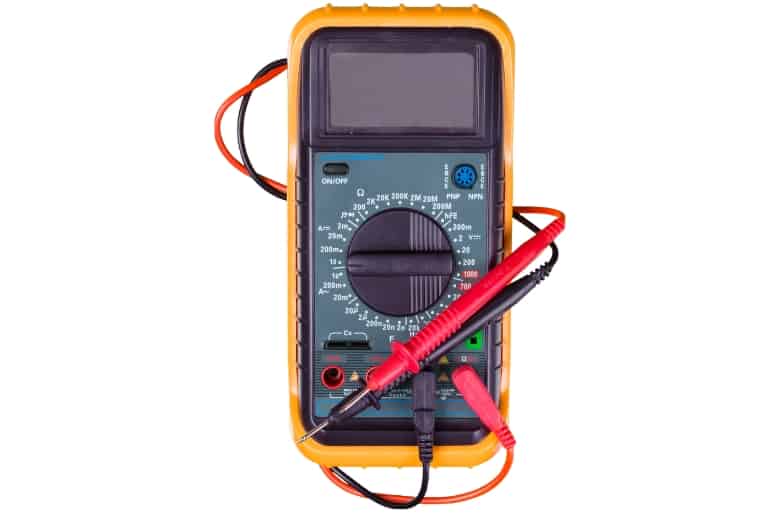
A multimeter is used to measure voltage, resistance, and continuity. It helps check electrical components, such as the igniter, auger motor, and control panel.
2. Screwdrivers
A set of screwdrivers of different sizes and types (flathead, Phillips, etc.) is necessary for removing screws and accessing various parts of the pellet stove.
3. Wire brush
A wire brush is useful for cleaning the burn pot, heat exchanger, and other stove components that may accumulate ash or debris.
4. Vacuum cleaner
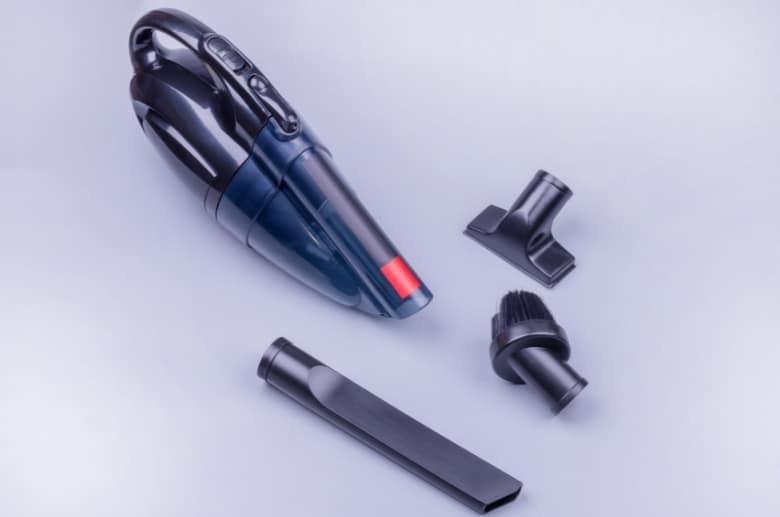
A vacuum cleaner with attachments helps clean out ash, soot, and debris from the stove’s interior and vents.
5. Pellet stove cleaning tools
Specialized brushes and rods designed for pellet stove cleaning aid in removing stubborn ash deposits and maintaining proper airflow.
6. Safety equipment
Safety goggles, gloves, and a dust mask are crucial for protecting yourself from hazards such as ash, soot, and fumes.
Safety Precautions
Understanding and applying correct safety precautions and best practices for handling pellet stoves can go a long way. It’s crucial to prioritize these precautions and follow best practices. Here are some essential guidelines for a safe environment:
- Ensure that your pellet stove properly vents to the outside. This is crucial for eliminating any potentially harmful fumes and ensuring the efficient operation of the stove.
- Store your pellet fuel in a dry, well-ventilated area away from any ignition sources. Proper fuel storage helps reduce the risk of fire. You can also follow the manufacturer’s recommendations for proper pellet storage to maintain their quality and prevent issues during combustion.
- Clean your pellet stove regularly by removing built-up debris and ash to maintain its efficiency and prevent fire hazards.
- Follow the manufacturer’s instructions for cleaning and maintenance.
- When it comes to ignition, use only the recommended method for your pellet stove, and avoid using flammable liquids or materials.
- Regularly clean the stove, including the burn pot, ash traps, and heat exchanger. Remove ashes safely, following the manufacturer’s instructions, and dispose of them properly.
- Childproofing the area around the stove is crucial if you have young children or pets. Use safety gates or barriers to prevent accidental contact or burns.
- Have your pellet stove installed by a certified technician who can ensure proper connection, venting, and compliance with safety requirements.
When to Seek Professional Help
Knowing when to seek professional help for pellet stove repair is essential to ensure your appliance’s optimal functioning and safety. Expert assistance is needed if you have chronic ignition issues, auger or feed system failures, control panel or electrical problems, strange noises or vibrations, or repeating issues despite multiple failed attempts at troubleshooting.
Hiring certified technicians for complex repairs offers several benefits. They possess expert knowledge and experience, enabling them to diagnose issues and provide effective solutions. Certified technicians guarantee that warranty requirements are upheld and provide peace of mind by ensuring your pellet stove is in good hands.
——
Do You Need to Hire Chimney & Fireplace Expert?
Get free quotes from qualified experts near you. No commitment required!
——
Common Mistakes to Avoid in Pellet Stove Repair
Mistakes like incorrect parts, ignorance of maintenance and inspection, improper DIY repairs, and skipping professional help for complex issues will either result in temporary solutions or worsen the issue.
On the other hand, understanding and avoiding these mistakes can increase the likelihood of a successful pellet stove repair while ensuring your safety and maintaining the stove’s performance.
In case of complex issues, seek assistance from professionals or certified technicians with the expertise and knowledge to effectively address pellet stove repairs.
Here are some common mistakes to avoid in pellet stove repair:
Using Incorrect Parts
Using non-genuine or incompatible parts can compromise the safety and performance of the stove. Each pellet stove is designed with specific components that work together seamlessly to ensure efficient and safe operation.
Using incorrect parts may result in improper fit, inadequate functionality, or even damage to other components. It can lead to poor combustion, inefficient fuel delivery, increased emissions, and potential safety hazards like overheating or electrical malfunctions.
Use the original manufacturer’s parts to maintain the stove’s safety and optimal performance. Original parts are designed and tested to meet the stove’s specifications and standards. They ensure proper functioning and compatibility and maintain the stove’s warranty.
Ignoring Maintenance and Inspection
The stove’s performance can deteriorate without proper maintenance, leading to reduced efficiency, increased fuel consumption, and decreased heating output. Neglecting regular cleaning can result in ash and debris that can clog the system, affecting proper airflow and combustion.
Ignoring maintenance can also increase the risk of malfunctions, such as ignition problems or auger jams. Furthermore, a lack of inspection can result in undetected issues that may worsen over time, leading to costly repairs or even safety hazards.
Incorporate regular maintenance and inspection into your pellet stove care to avoid these consequences. To remove ash and debris, you must regularly clean the burn pot, heat exchanger, and exhaust system. Then inspect the auger system, igniter, and other critical components for wear or damage and check for proper airflow and ventilation.
If any issues need fixing, call a professional immediately to prevent the worsening of your stove’s condition.
Hire a professional to thoroughly inspect your pellet stove each year to ensure every part of the stove is in optimal condition.
Improper DIY Repairs
Engaging in improper do-it-yourself (DIY) repairs on pellet stoves can pose significant risks. Attempting repairs without the necessary knowledge and expertise can lead to further damage, compromised safety, and even fire hazards.
On the other hand, professional assistance brings knowledge, skills, and experience to the table when handling repairs. This minimizes the risk of accidents and ensures the long-term performance and safety of the pellet stove.
Pellet stoves involve electrical components, combustion processes, and intricate mechanisms that require specialized skills to handle safely. Inadequate repairs may result in faulty wiring, improper reassembly, or incorrect adjustments, increasing the risk of electrical malfunctions, carbon monoxide leaks, or fires.
Prioritize safety and follow best practices when considering DIY repairs. Always consult the manufacturer’s manual and guidelines for troubleshooting instructions and safety precautions.
Use appropriate tools and ensure the stove is powered off and cool before beginning any repairs. Additionally, wearing protective gear like gloves and safety glasses can help mitigate potential risks.
If unsure or faced with complex issues, seek professional assistance from certified technicians with the expertise to address pellet stove repairs effectively and safely.
Skipping Professional Help for Complex Issues
Complex repairs often require specialized knowledge, experience, and access to specific tools or parts. Without the expertise of a professional technician, there is a higher likelihood of misdiagnosis, improper repairs, or exacerbating the problem. This can result in additional damage to the stove, safety hazards, or voiding of warranties.
It is important to recognize the need for professional assistance in certain situations. If you encounter persistent ignition problems, auger malfunctions, control panel issues, or unusual noises that persist despite attempted troubleshooting, it is best to seek the expertise of a certified technician.
Pellet Stove Repair Cost
The cost of pellet stove repair can vary depending on the issue’s nature, the damage’s extent, and the rates charged by service providers. It also varies depending on your geographical location and the supply of professional technicians in your region.
Minor repairs, like replacing a faulty igniter or cleaning the burn pot, may incur lower costs. On the other hand, complex repairs, such as addressing auger system malfunctions or control panel replacements, can be more expensive. You need to understand the intensity of your problem and be certain about what you’re paying for.
In addition to the repair, other costs may be associated with diagnostic fees, parts, and labor. Here’s a cost table for possible pellet stove repair scenarios:
| Pellet stove repair scenario | Cost |
| Not Feeding | $115 – $800 |
| Won’t Turn On | $120 – $190 |
| Keeps Shutting Off | $120 – $440 |
| Igniter Not Working | $130 – $575 |
| Low Heat Output | $250 – $440 |
| Fan Noise | $275 – $600 |
| Igniter Replacement | $130 – $190 |
| Pipe Repair | $170 – $230 |
| Blower Replacement | $275 – $440 |
| Motor Replacement | $370 – $550 |
| Auger Motor Replacement | $380 – $600 |
| Circuit Board Repair | $500 – $800 |
Conclusion
Maintaining and repairing your pellet stove is essential for optimal performance, energy efficiency, and safety. By following the guidelines and steps discussed in this article, utilizing the right tools, and seeking professional help when necessary, you can ensure the longevity and efficient operation of your pellet stove, keeping your home warm and comfortable for years to come.
If you encounter complex issues or are unsure about a repair, seek professional help. Professionals have the expertise and knowledge to accurately diagnose problems and provide appropriate solutions. Their assistance ensures the safety and optimal functioning of your pellet stove.

